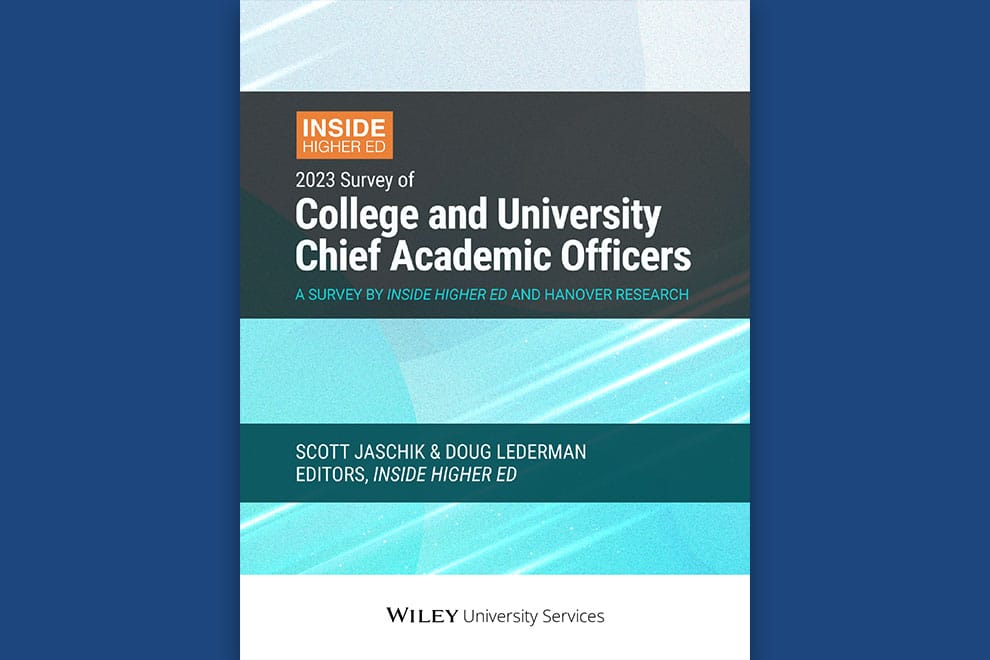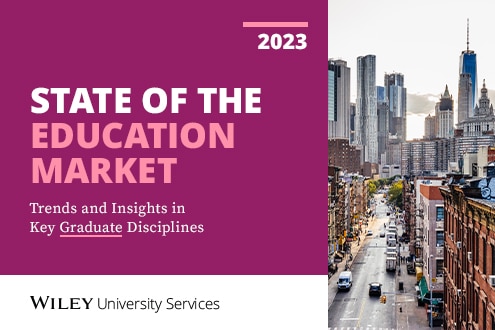While it’s too soon to identify the long-term effects of COVID-19, it’s clear the landscape for undergraduate students has changed dramatically and will continue to shift over time. See below for details on prospective students’ considerations as they explore online degree options.
Click the image below to view the full infographic.
What are students’ (and their parents’) biggest concerns in light of the COVID-19 pandemic?
• Affordability
• Safety
• Flexibility
Why is online learning an excellent option for students?
• Stay on track to a degree. Student can keep their education moving forward while maintaining social distancing.
• Transfer at any time. It’s relatively easy for a student to transition from an online program to an on-campus program.
• Maintain employment. The flexible schedule of online learning allows full-time students to work.
• Fulfill gen-ed requirements. Instead of taking a gap year, students can complete mandatory coursework now.
Myth/Truth
As students explore the possibility of pursuing a degree online, it is important to dispel common misconceptions.
Myth
Online Education is Limiting
Truth
One significant benefit of earning a degree online is that students can access a wealth of high-quality programs without leaving home. They also gain exposure to diverse perspectives while building a strong peer network with classmates from across the country, and, in some instances, around the world.
Myth
Learning Online is Isolating
Truth
Most learning management systems (LMS) are designed with peer-to-peer and student-faculty collaboration in mind. Students can connect face-to-face via discussion forums, video tools, virtual office hours, and more.
Myth
Online Learning Is Inferior to On-Campus Programs
Truth
Online coursework provides engaging learning experiences that match the rigor and quality of campus-based programs, all delivered through easy-to-use portals.
Myth
Only Part-Time or Out-of-State Students Study Online
Truth
Online degrees are designed to cater to a range of student needs. The flexibility of these programs is appealing to a variety of students – whether they are a busy professional who lives five blocks from campus or a full-time student living out of state. These programs are less dependent on environmental or social circumstances.
Myth
Online Bachelor’s Degrees Aren’t as Credible
Truth
The majority of online degree programs share curriculum and faculty with their on-ground counterparts. Therefore, online programs offer the same prestige and quality as traditional degrees, only in a different format.
Access More Insights
The COVID-19 pandemic has led to increased interest in online learning because of social distancing and other advantages of the modality, such as flexibility and stability. It’s important to inform prospective students about their options, and the ways a robust online degree program can keep their education on track. For more student insights, access A Guide to Online Bachelor’s Degrees Post Pandemic.


















